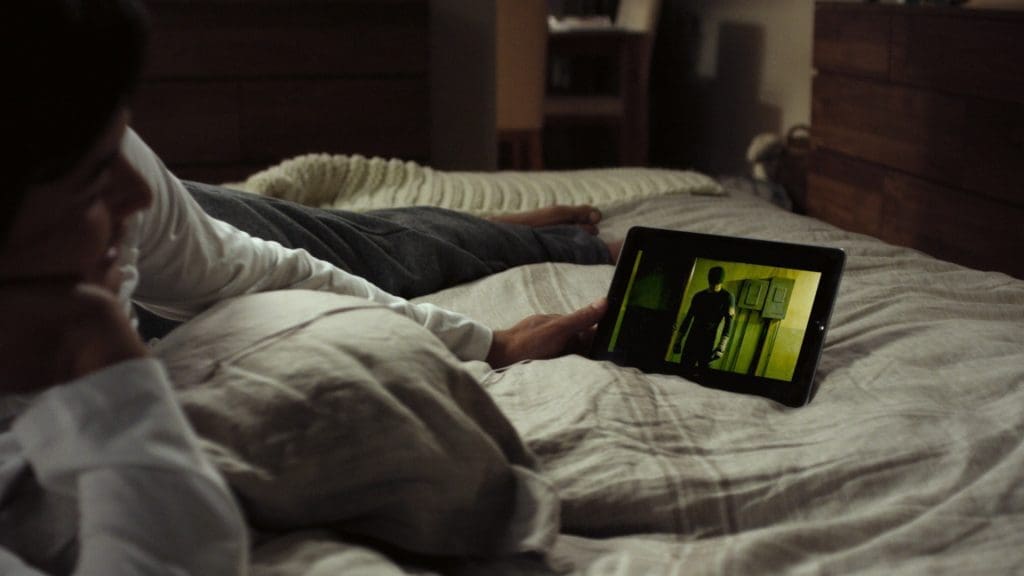- Standard Bank says that customers are spending big money on subscription services, the majority of which are streaming platforms.
- This money, says Standard Bank, could be better used for savings.
- However, at the low-end, it’d take a person more than four years to save up one month of emergency funds by redirecting their subscription spend to savings.
At the moment there are multiple reasons to be subscribed to multiple streaming platforms. The Last of Us, Andor, The Handmaid’s Tale, Your Friends & Neighbours are all currently releasing in drips and drabs meaning you need at least three active subscriptions running (Showmax, Disney+ and Apple TV+).
This sounds like a lot but it appears to be rather normal for South Africans according to data from Standard Bank. The financial institution has looked at how its customers spend money when it comes to subscriptions and even at the low end, low-earning locals are paying at least R336 per month. Middle-income spenders direct at least R482 to subscriptions and high-income individuals are likely to spend more than R1 000.
While “subscription” is a catch-all term for everything from streaming to fitness services, the majority of this spend is directed to streaming websites. Men tend to spend more than women and the older you get the more likely you are to commit long-term to premium services.
However, Standard Bank is concerned that customers and South Africans in general are directing money that would be better allocated toward savings toward subscriptions.
On that, we disagree.
As a means to showcase how bad this is, Standard Bank compared how long it would take for a person to save up an emergency fund consisting of one or three months salary and you can see its results below.
| Customer Segment | Monthly Subscriptions | One month’s income | 3-Months Emergency Fund |
| Low income | R336 | 4.2 years | 12.6 years |
| Middle income | R482 | 3.5 years | 10.5 years |
| Private Banking | R1,255 | 2.9 years | 8.7 years |
The above assumes a 7 percent annual return compounded monthly.
Look, we get it, saving R336 per month is good but given that it’d take a low-income person 4.2 years to make up one month’s salary, that’s not very tempting. It’s even less tempting when you tell that person they won’t be able to watch their favourite content on streaming platforms for 4.2 years either. What is Standard Bank suggesting? Piracy? Watching paint dry?
Sure there are other forms of entertainment besides streaming services but, and this may shock the higher ups at the bank, they too cost money.
Is it bad that folks aren’t able to save money? Absolutely but that speaks to a problem with how much folks are earning. We know that salaries in South Africa don’t move with inflation, especially within SMEs, and all the while costs keep ballooning.
“We all deserve to spend a portion of our incomes on things that bring joy and comfort. But as incomes rise, so do expenses – often unconsciously. This ‘lifestyle inflation,’ including growing subscription costs, can shrink disposable income and delay emergency savings,” says Standard Bank’s Head of Money Management and Advisory, Doret Jooste.
The head of money management suggests that folks cut unnecessary expenses and review their subscriptions regularly. That’s good advice but again, how much is cutting a R99 Netflix subscription really going to help you financially? Perhaps you’d have one additional meal or you’d be able to fuel your car for one commute. The margins here are tiny and while yes, costs rack up quickly, Standard Bank itself notes that low-income earners aren’t spending more that R336 per month.
There’s also the fact that most digital services are now offered in subscription form. Your Microsoft 365 access, is a subscription. Your music listening, is now a subscription, you can even get a subscription for your grocery deliveries these days.
The problem then isn’t so much users as it is the market. We’d love to return to buying products once and then never having to think about it again. Unfortunately, that’s never going to be the case ever again.
Perhaps then Standard Bank should stop criticising South Africans who want to escape the dread of reality by watching a few shows at the end of the day. Maybe try stop increasing prices every year folks, that’s bound to help folks save a month of emergency funds in what, a decade or three?

